“The National Union of Journalists of Ukraine (NUJU) demands that Russia release UNIAN journalist Dmytro Khyliuk, all illegally convicted Crimean Tatar journalists, and Vladyslav Yesypenko and Iryna Danylovych convicted in Crimea,” Sergiy Tomilenko, the President of the NUJU, said from the rostrum of the UN General Assembly.
On the occasion of World Press Freedom Day, the NUJU President is staying in New York at the invitation of the UNESCO headquarters. On his Facebook page, Sergiy Tomilenko wrote that it was his honor to call on the world community to support Ukraine and Ukrainian journalists from the rostrum of the UN General Assembly, to inform the world about the investigation into Russian war crimes and to emphasize the need for a boycotting and prosecuting Russian propagandists.
“Before traveling to New York to participate in official events, I asked my colleagues, well-known investigators, and editors of small local front-line newspapers, human rights activists, such as Nobel Peace Prize laureate Oleksandra Matviichuk, to give me advice on what to announce here in New York,” said Sergiy Tomilenko.
The first issue the NUJU President raised was children, in particular, the forced deportation of children from the temporarily occupied territories of the Kherson Region, Mariupol, and the Kharkiv Region, intimidation of children and attempts to ‘re-educate’ them in special camps, forging documents, i.e., permission from parents to take children to an alleged vacation. Journalists reconstruct these war crimes in detail, often becoming the only hope for parents to return their children to their families.
“My colleague Tetiana Popova, who conducts interviews with children rescued from captivity, told me about this in detail. It was the verified investigations into the forced deportation of Ukrainian children that contributed to the issuance of an arrest warrant for Putin and his henchmen by the International Criminal Court,” Sergiy Tomilenko said.
During the war, the rights of thousands and thousands of people are infringed en masse. It is journalists and the media that increase the chances of each individual victim’s story being heard.
Documenting war crimes by journalists helps establish the truth and bring the perpetrators to justice. For example, the local newspaper Obrii Iziumshchyny is currently the leading source of information for the police and prosecutor investigations of crimes committed by local collaborators during the Russian occupation of Izium.
Since journalists and the media document war crimes, the Russian army considers Ukrainian journalists (as well as international ones) their target.
There are numerous testimonies about targeted attacks on cars with the inscription’ PRESS,’ murders of journalists on the front lines, attacks on newsroom premises, arrests, kidnappings, torture, deprivation of media workers of the opportunity to carry out independent professional activities in the temporarily occupied territories. The story of Svitlana Zalizetska, a journalist from Melitopol/editor-in-chief of RIA-Melitopol media, is illustrative. The Russians came with a search, arrested her elderly 75-year-old father, and called her with an offer to exchange the father for her.
“This is outrageous! But this demonstrates the courage and resilience of Ukrainian journalists!” Sergiy Tomilenko stressed.
Since the beginning of the great war, the Russians have killed at least 58 media workers, including professional journalists, civilians, and Heroes in the ranks of the Armed Forces… One of the latest victims is Bohdan Bitik, a Ukrainian fixer for the Italian edition of La Repubblica, who was killed by the Russians in Kherson last week.
At least one Ukrainian journalist kidnapped in March last year is still being held hostage in Russia. This is Dmytro Hyliuk, a journalist for the national news agency UNIAN from Kyiv. NSJU demands the release of Dmytro Hyliuk and all illegally convicted journalists from Russia.
“And these days, on the example of Evan Gershkovich (the American Wall Street Journal reporter arrested in Russia – ed.), we see that totalitarian Russia is ready to apply its proven repressive practices to every independent journalist!” said Sergiy Tomilenko.
The NUJU President thanked international partners, primarily the International and European Federations of Journalists, and the UNESCO headquarters, for supporting the network of Journalists’ Solidarity Centers of the NUJU, which assists hundreds of journalists at a critical time, providing them with bulletproof vests, and office equipment.
Sergiy Tomilenko also drew attention to one of the crucial priorities the NUJU is facing today, in particular, supporting local newspapers in the de-occupied and front-line territories. Russians are destroying infrastructure and shelling peaceful cities. Ukrainians there have no opportunity to receive television or radio news or news from online media. So, the traditional press remains the only source of important local information. The NUJU has managed to provide support to 25 local front-line newspapers. A unique example is the newspaper Vpered [Forward], which volunteers and soldiers still deliver to the settlements near Bakhmut.
“This information [the one in newspapers] really saves lives…,” says Serhii Tomilenko. “We are talking about the role of courageous journalists during the war. But we must also talk about propagandists’ responsibility for inciting the war. Journalists should boycott propagandists and not allow them to use their journalistic status! Propagandists must face a tribunal. Our duty is to protect journalists and our profession. Journalists are important!”
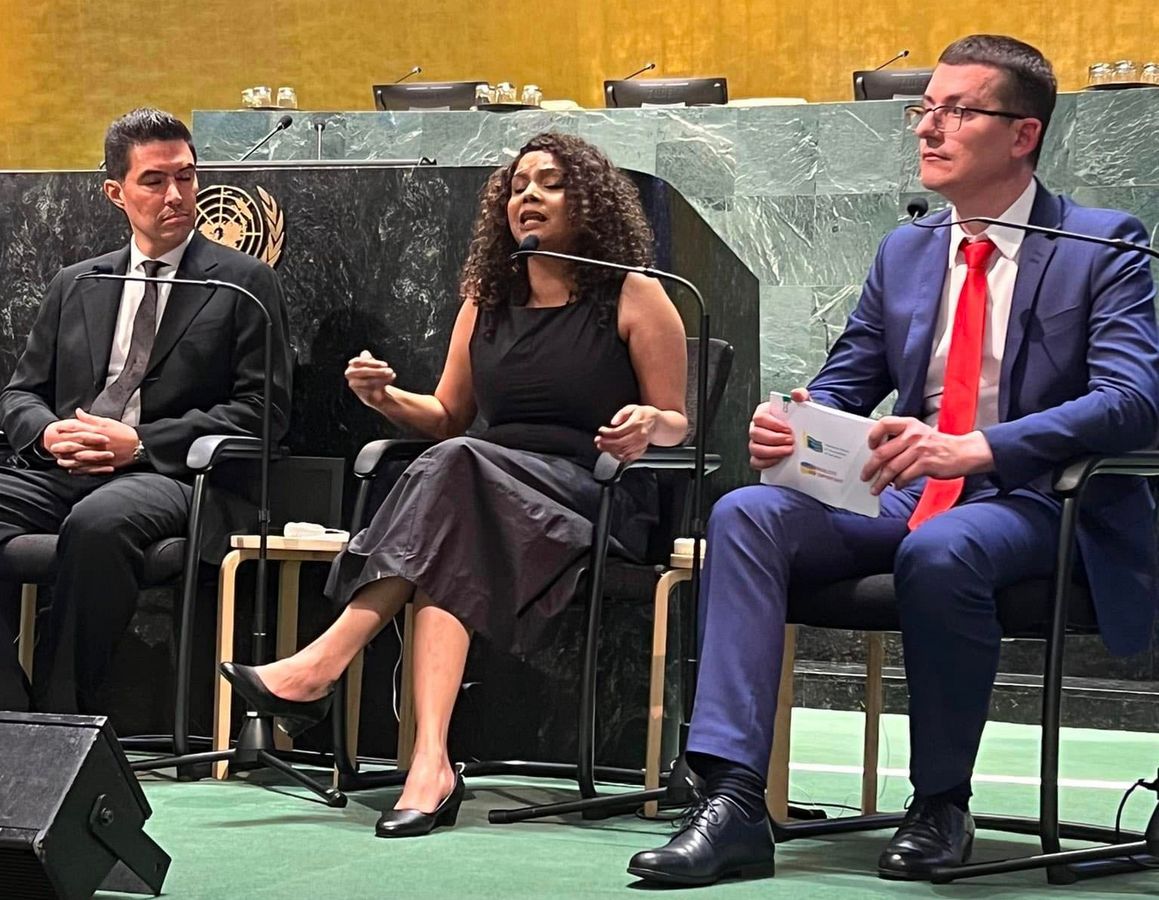
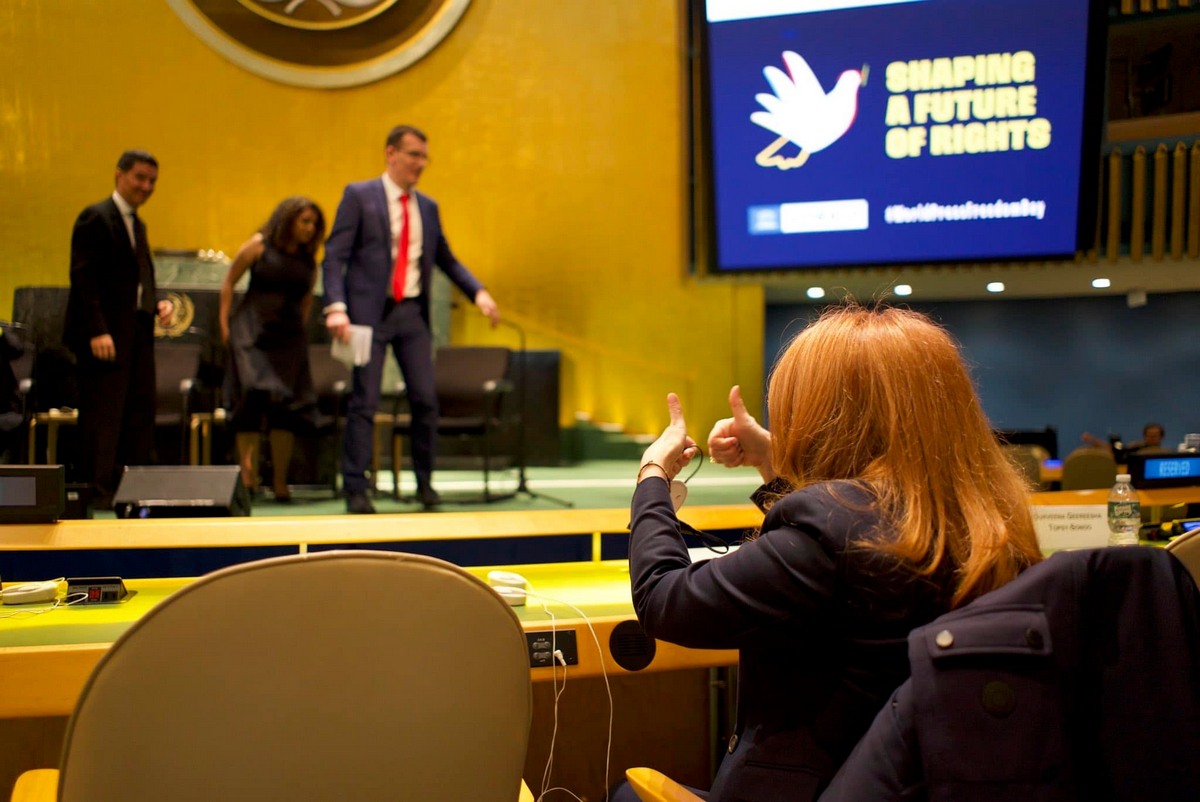
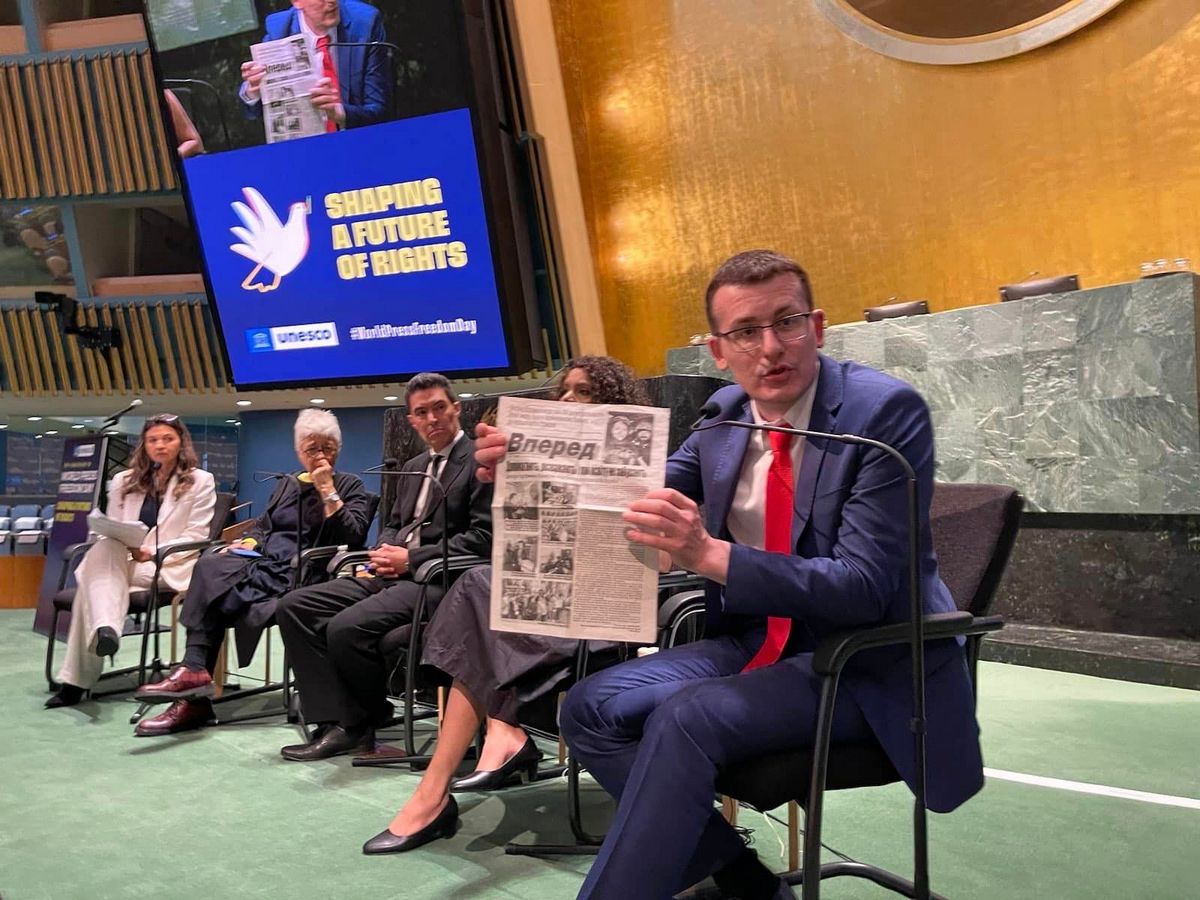
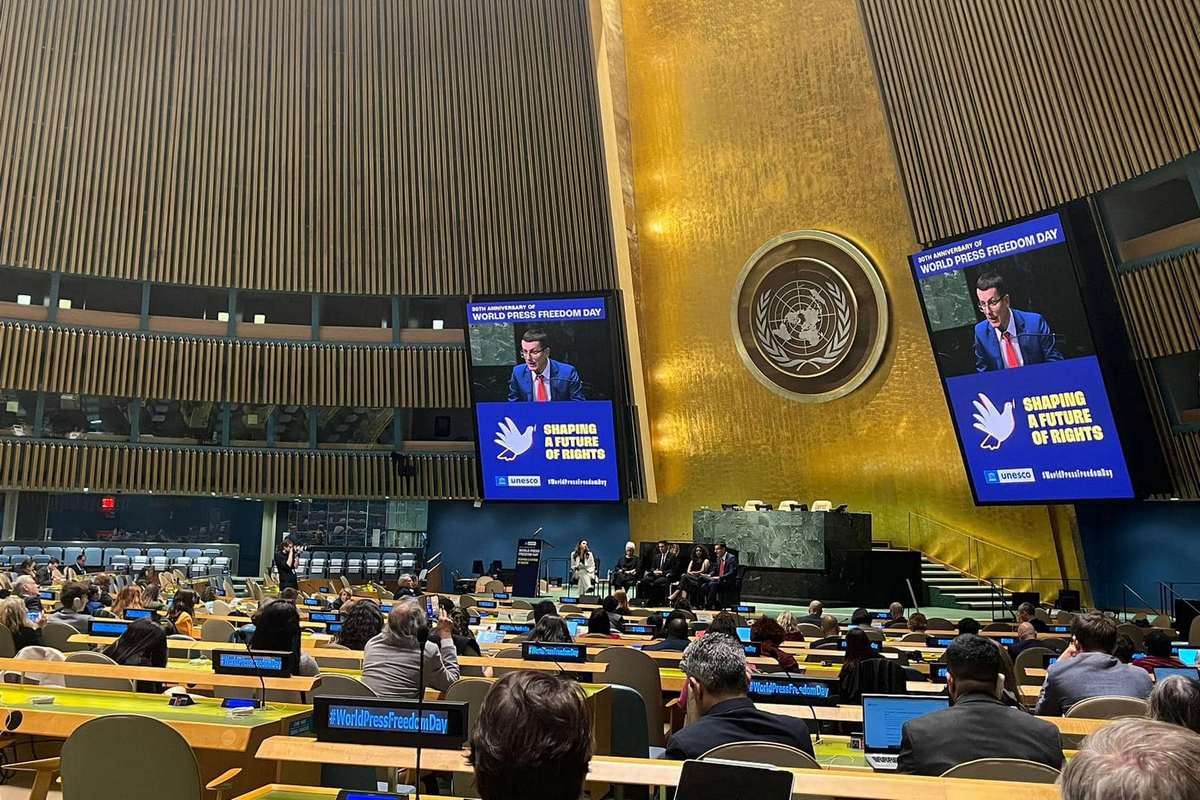
NUJU Information Service

 THE NATIONAL UNION OF
JOURNALISTS OF UKRAINE
THE NATIONAL UNION OF
JOURNALISTS OF UKRAINE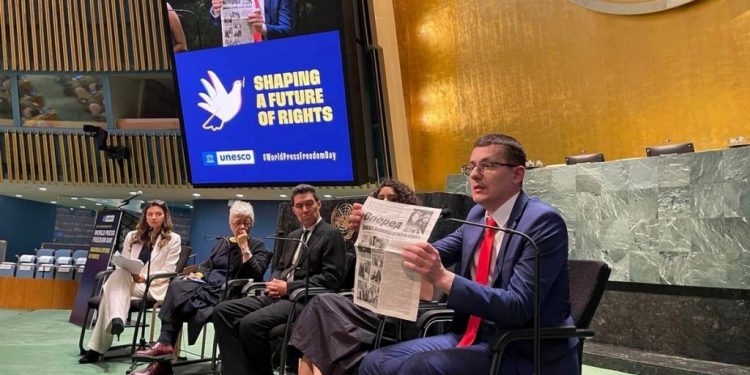


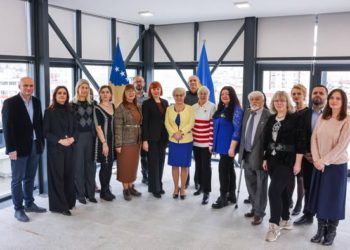













Discussion about this post